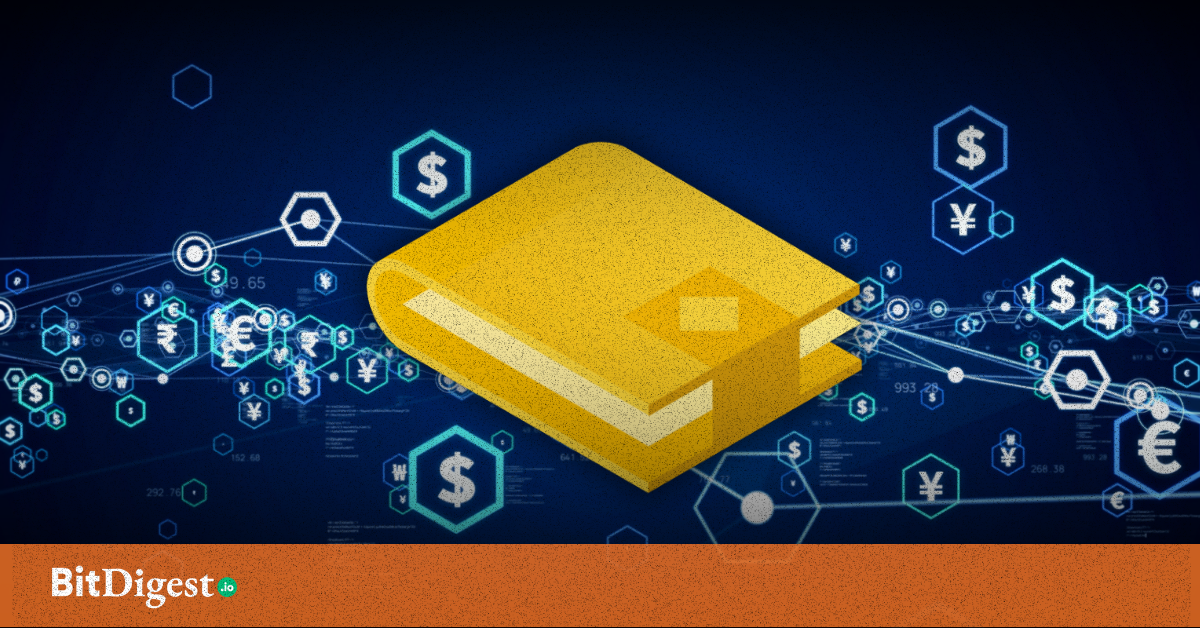Where Your Data Goes After Using AI And How To Protect It
Artificial Intelligence has been a concept of science fiction, similar to Terminator’s Skynet. However, when OpenAI’s Chat-GPT was released in November 2022, AI became a reality that is accessible to everyone with a connection to the internet. As millions input information on the internet, users become oblivious to where their data goes and how it is processed.
Storage, machine learning, and data brokers
The data you input in AI tools does not automatically delete itself after use. Instead, it will be used for temporary storage, long-term storage, and data brokers.
Temporary storage: The good thing about AI models such as Grok and Chat-GPT is its ability to formulate answers based on the context from previous prompts. Data from your previous prompts are stored temporarily for the AI to understand the next course of action for the new prompt.
This creates a fluid conversation, making it both easy and convenient for the user as the AI responds accurately based on topic parameters. The more data you feed, the better quality answer
Machine learning: The data you provide may be used for machine learning for new updates to the AI model. This includes unique kinds of prompts that you’ve provided that posed a challenge for the AI to provide an accurate answer. May it be patching up loopholes or exploits that many AI’s face because of the chaotic element of humans.
While these two purposes may seem ethically ideal on how your data is used, there is more than what meets the eye as the majority of users fail to read the fine print on these platform’s terms and conditions.
Data brokers: There is a high likelihood of your data being sold by companies to data brokers. The surge of AI in the past few years has enabled millions of users to input valuable data in their prompts, allowing AI companies to sell data as long as its users agree to the terms and conditions.
In the first place, AI companies source their data from data brokers themselves. As OpenAI has revealed on their terms and conditions, where their data is licensed from third-party references. Besides AI, popular sites such as Facebook, Google, Paypal, and many more are actively selling your data without your knowledge, but are allowed as you agreed to their terms and conditions.
With AI becoming more and more essential to work and daily life, what alternative may users use to satisfy the need that current AI has been providing while having their data protected?
Vana, the better alternative
Vana has one primary goal, to give power back to the people by allowing them to own their data. Vana does this by having a native support for data pooling via data DAOs, and an EVM-compatible layer 1 blockchain designed specifically for collective ownership of private digital assets—the private data that powers AI in the future. This allows for both incentivization for users through its 16 liquidity pools, and saving data through data ownership on a decentralized AI platform
While AI has become convenient in our daily lives, it is also important to practice caution on what kind of data you are giving away on the internet by reading the fine lines of its terms and conditions. Whether it may be a social media site or a generative AI tool, you are at high risk if you are complacent on your data’s security. While you may feel like the data you’ve provided is yours, data sent by you is now owned by the centralized Web2 platform.
.svg)


.svg) SHARE TO FACEBOOK
SHARE TO FACEBOOK SHARE TO TWITTER/X
SHARE TO TWITTER/X SHARE TO LINKEDIN
SHARE TO LINKEDIN SEND TO MAIL
SEND TO MAIL





.svg)


.svg)